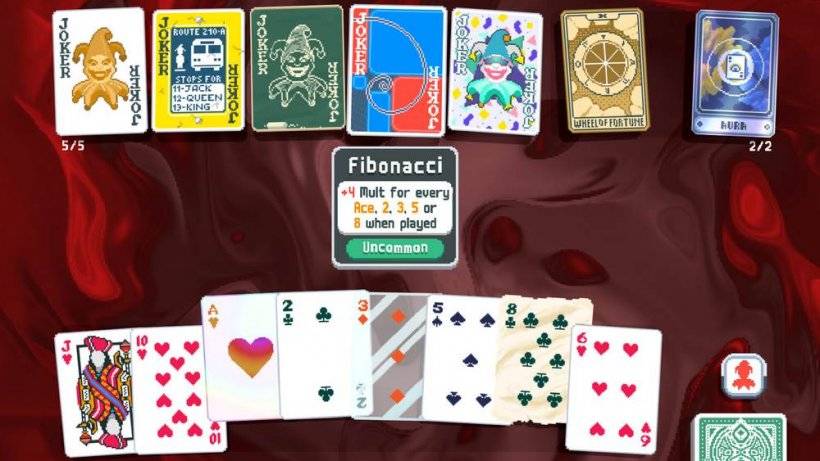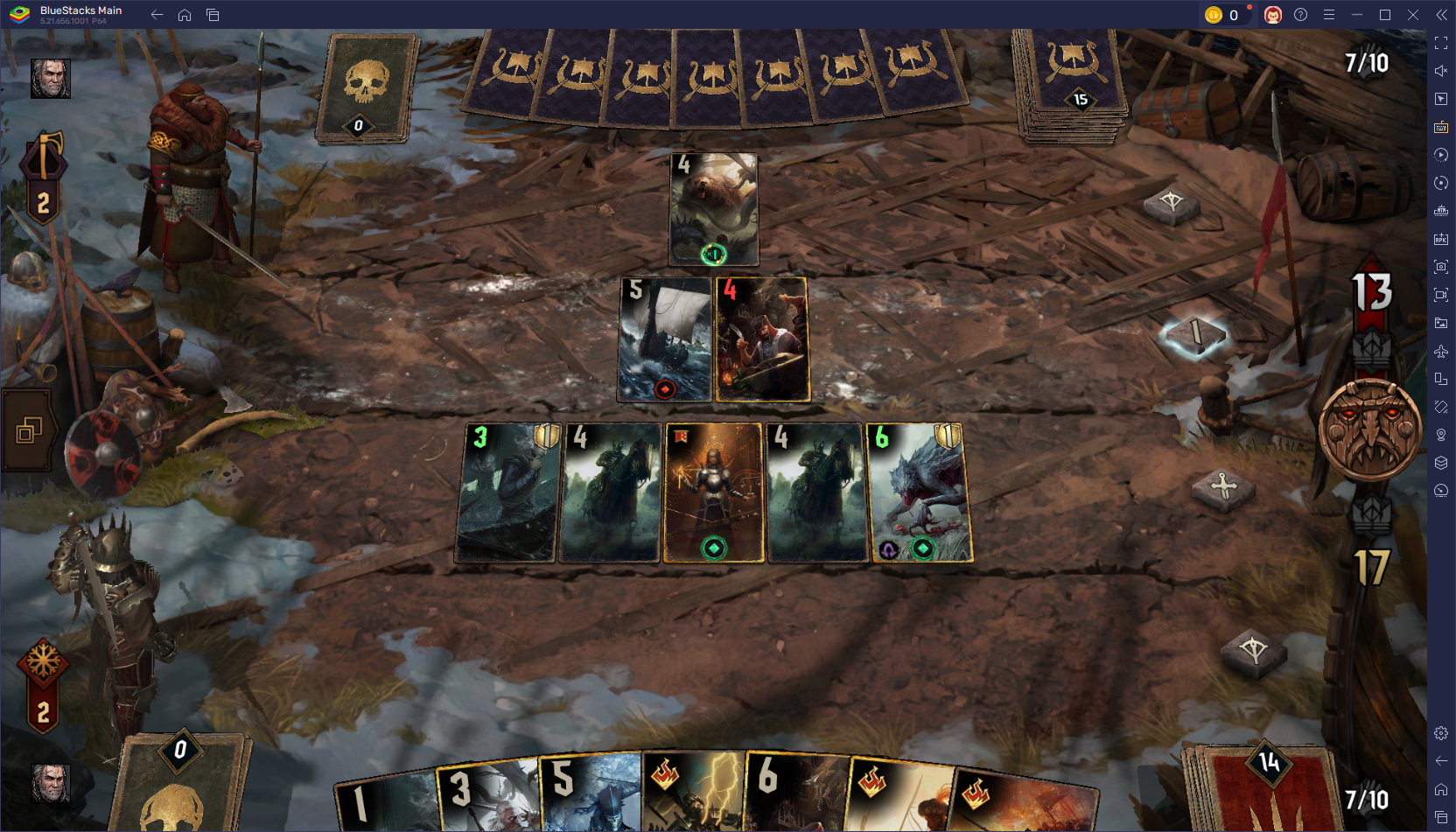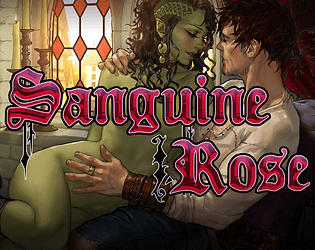It's year-end, and time for my "Game of the Year" pick: Balatro. While not necessarily my favorite game, its success story deserves attention.
By year's end (likely December 29th), Balatro's numerous awards – including Indie and Mobile Game of the Year at The Game Awards, and two Pocket Gamer Awards – are hard to ignore. This solitaire-poker-roguelike deckbuilder, a seemingly humble creation, has garnered widespread praise.
However, its success has also sparked confusion and even anger. Comparisons between flashy gameplay trailers and Balatro's relatively simple visuals have led to questions about its award wins. Many seem baffled that a straightforward deckbuilder could achieve such recognition.
This very reaction, I believe, highlights why Balatro is my GOTY. Before delving deeper, let's acknowledge some honorable mentions:
Honorable Mentions:
- Vampire Survivors' Castlevania expansion: A long-awaited and well-received addition featuring iconic characters.
- Squid Game: Unleashed's free-to-play model: A potentially precedent-setting move by Netflix Games, suggesting a focus on viewer acquisition.
- Watch Dogs: Truth's audio adventure release: An unexpected but interesting approach by Ubisoft to the Watch Dogs franchise.
My Balatro Experience:
My experience with Balatro has been mixed. While undeniably engaging, I haven't mastered it. The focus on optimizing deck statistics, a frustrating aspect for me, has prevented me from completing any runs despite many hours of playtime.
Despite this, Balatro represents excellent value. It's simple, time-consuming without being overly demanding, visually appealing, and plays well. For under $10, you get a captivating roguelike deckbuilder suitable for public play (the poker element might even impress some!). LocalThunk's ability to create such an engaging experience from a simple format is commendable.
The calming soundtrack and satisfying sound effects enhance the gameplay loop. It's refreshingly honest about its addictive nature, subtly encouraging continued play.
But why talk about it again? For some, its simplicity isn't enough.

Beyond Simple Gameplay:
Balatro hasn't faced the backlash that Astrobot (another GOTY winner) did, but the reaction to Balatro is revealing. Its design is unapologetically "gamey," colorful, and engaging without being overly complex or flashy. It's not a cutting-edge tech demo; LocalThunk began it as a passion project, later realizing its potential.
Its success confounds many because it's not a flashy gacha game, nor does it push technical boundaries. It's simply "a card game," to some. But it's a well-executed card game, offering a fresh take on the genre. Game quality should be judged on its execution, not just visual fidelity.

The Balatro Lesson:
Balatro's success across PC, console, and mobile (a challenging platform for many developers) demonstrates that multi-platform success doesn't require massive budgets or complex features. A simple, well-crafted game with unique style can appeal to diverse players.
While not a massive financial success, its low development costs likely resulted in significant profit for LocalThunk.
Balatro proves that games don't need to be cross-platform gacha adventures to succeed. Simplicity and strong execution can bring together players across different platforms.
My personal struggles with Balatro also highlight its versatility. Some players strive for optimal deck building and flawless runs. Others, like me, appreciate its relaxed pace, perfect for downtime.
In conclusion, Balatro's success reinforces a simple truth: you don't need cutting-edge graphics or complex gameplay to create a successful game. Sometimes, a touch of simple, well-executed fun is all it takes.
















